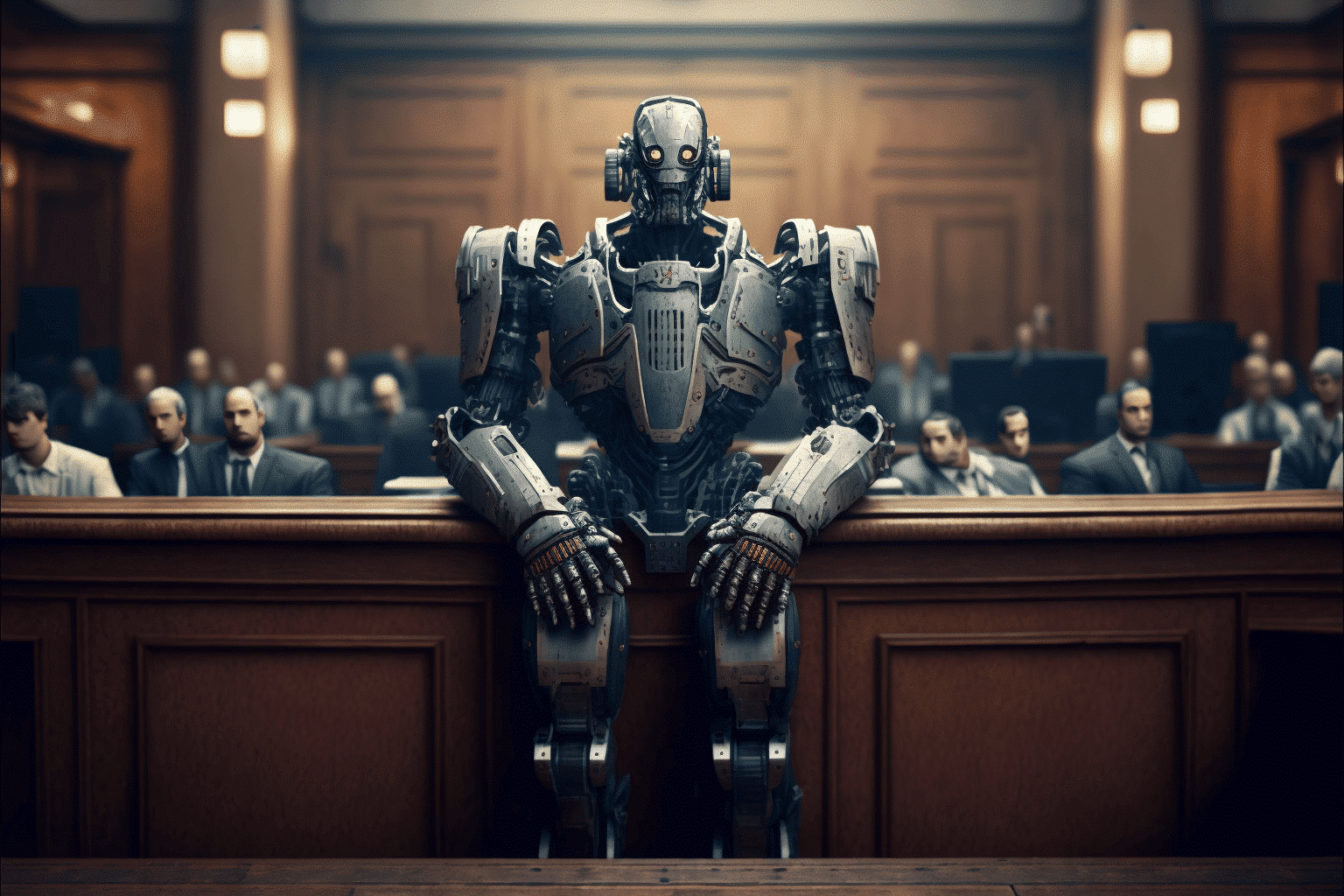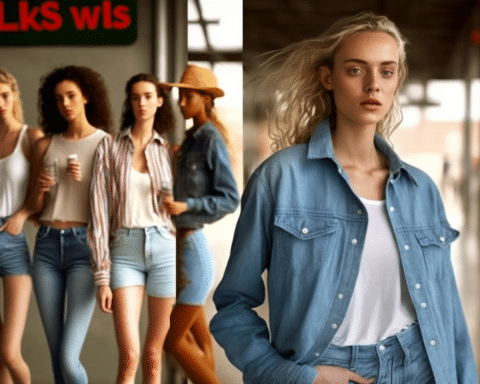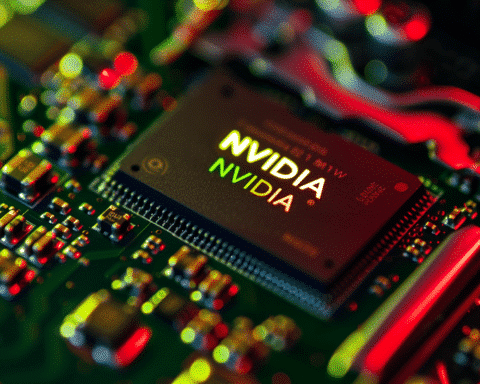Artists Karla Ortiz, Kelly Mckernan, and Sarah Andersen, represented by Joseph Saveri Law Firm, have filed a class action lawsuit against Stability AI, Midjourney, and DeviantArt for allegedly violating copyright laws by using the artists’ images and those of thousands of others to train AI-powered image generators and produce derivative works.
The plaintiffs claim that the companies have infringed on 17 U.S. Code § 106, exclusive rights in copyrighted works, the Digital Millennium Copyright Act, and Unfair Competition law.
The complaint filed by the artists, represented by Joseph Saveri Law Firm, states that the success of the AI image generator, Stable Diffusion, developed by Stability AI, and used by Midjourney and DeviantArt, is largely based on the unauthorized use of copyrighted images.
The model, which uses a process called “diffusion” to reconstruct and generate new images from prompts, is meant to create “derivative works” that closely resemble the original copyrighted images, according to the complaint.
The plaintiffs argue that this technology, which they describe as a “21st-century collage tool,” has the potential to greatly harm the artistic industry and is built on protected works.
The complaint filed by the artists also accuses the companies of enabling users to create “fakes” by using image generators to produce works in the style of other artists.
For example, a software developer using the username 5you used Stable Diffusion to create a model that could produce images in the style of the late Korean illustrator Kim Jung Gi.
However, experts have pointed out that copyright only protects specific images, not styles, and that collage is a protected medium under the “Fair Use” doctrine, which allows for exceptions to copyright laws for purposes such as criticism, commentary, and transformative creative production.
Additionally, it needs to be questioned whether or not the lawsuit accurately characterizes the process of diffusion.
According to Dr. Andres Guadamuz, a reader in intellectual property law at the University of Sussex, the complaint filed by the artists misunderstands the nature of the AI image generation technology.
In a blog post, Dr. Guadamuz argues that the technology is not simply a storage of images that generates collages but rather a complex process that stores data on how space and colour relate to one another when representing certain objects, using what it “learned” from studying the training set.
He suggests that this complexity may undermine the argument in the complaint and that it will be up to a judge or jury to decide if the technology constitutes a fair use of copyrighted materials.
Stability AI has stated that it believes the technology is fair use and that those who disagree do not understand the technology or the law.
Meanwhile, Getty Images is also pursuing legal action against Stability AI for allegedly using images from their website for training materials.
A Stability AI spokesperson stated that they have yet to be served any documents and will comment further once they have been.
It’s worth noting that the outcome of this case is uncertain as it’s in the early stages of litigation, and the court will have to evaluate the specific facts and evidence presented.
It’s also important to consider that laws and regulations surrounding the use of AI and copyrighted material may be complex and evolving, and the court’s decision may have implications for the industry as a whole.
The parties may also come to a settlement agreement before the case goes to trial. As the case progresses, it will be worth following the developments to see how the court interprets and applies the law to the use of AI in creating images.




